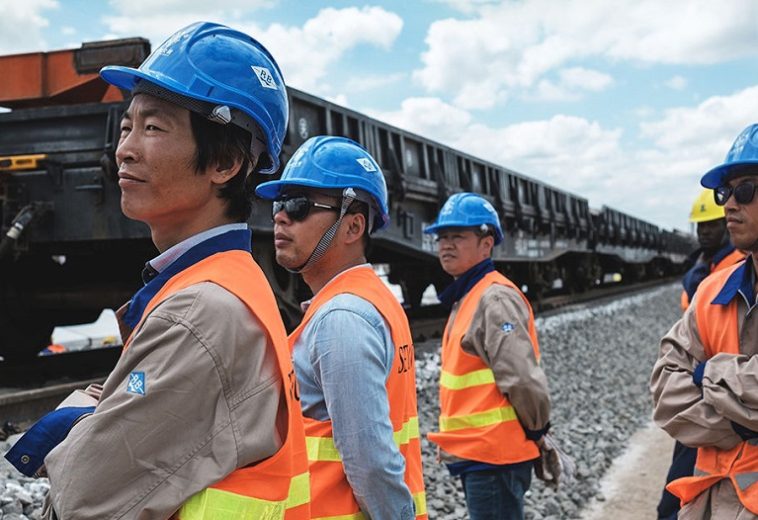Africa Energy Week (AEW) 2024, scheduled for November in Cape Town, South Africa, is set to be the premier platform for African energy leaders, stakeholders, and global investors. This year’s event will focus on Africa’s efforts to balance energy security, economic growth, and sustainability.
As the continent faces the dual challenge of expanding energy access while transitioning to cleaner energy sources, AEW 2024 aims to foster international collaboration, attract investments, and drive forward innovative energy solutions to meet Africa’s growing needs.
Key Highlights of AEW 2024
Hosted by the African Energy Chamber, AEW 2024 will bring together African presidents, ministers, policymakers, and global investors to discuss opportunities across the energy value chain. The event will feature panel discussions, exhibitions, and deal-making sessions, showcasing Africa’s energy potential. It also serves as a platform for international and regional partnerships to promote energy security and sustainable development in Africa.
A central theme for this year’s conference is “Invest in African Energy,” which emphasises the investment opportunities within Africa’s energy landscape. Africa holds a significant share of the world’s untapped natural resources, including oil, gas, and renewables, offering enormous potential for both international and regional investors.
Over 11 licensing rounds are expected between 2024 and 2025 in sub-Saharan Africa, creating new opportunities for oil and gas exploration. Countries like Mozambique, Angola, and Senegal are leading large-scale projects such as the Greater Tortue Ahmeyim LNG project and Mozambique’s Rovuma Basin.
A key feature of AEW 2024 will be the participation of African National Oil Companies (NOCs) and international oil companies (IOCs), who will discuss strategies to accelerate project development. Additionally, African governments will present fiscal policies designed to attract foreign investment.
Africa’s Energy Outlook
According to the International Energy Agency, as of May 2022, countries responsible for over 70% of global CO2 emissions have committed to achieving net-zero emissions by mid-century. This includes 12 African nations, which together account for more than 40% of the continent’s CO2 emissions.
These commitments are reshaping the global energy sector, driven by declining clean technology costs and shifting global investment patterns. Nearly all African countries are signatories to the Paris Agreement on Climate Change, positioning them to benefit from technological advancements and increased flows of climate finance.
Currently, 600 million people, or 43% of Africa’s population, lack access to electricity, with the majority living in sub-Saharan Africa. Countries such as Ghana, Kenya, and Rwanda are on track to achieve full access by 2030, serving as models for others to follow.
Extending national grids is the most cost-effective solution for nearly 45% of those who will gain electricity access by 2030. In rural areas, where over 80% of those without electricity reside, mini-grids and stand-alone systems, primarily solar-based, offer the most viable solutions. However, achieving universal access by 2030 will require connecting 90 million people annually—three times the current rate.
Opportunities and Expectations for AEW 2024
AEW 2024 will serve as a critical platform for discussions on balancing Africa’s traditional energy resources with its renewable energy future. International investors, governments, and energy stakeholders will explore partnerships to accelerate the development of Africa’s oil, gas, and renewable sectors, including key projects in nations like Mozambique, Angola, and Senegal.
This year’s theme, “Invest in African Energy,” will focus on optimising the continent’s natural resources while advancing sustainability and ensuring universal energy access. The conference aligns with global efforts to mitigate climate change, while also promoting economic development.
Aligned with the African Union’s Agenda 2063, which prioritises clean energy and sustainable growth, AEW 2024 will highlight the growing interest in renewable energy sources like solar and wind. Countries such as South Africa, Kenya, and Rwanda are leading the way in adopting these technologies, contributing to the African Renewable Energy Initiative (AREI), which aims to install 300 GW of renewable energy capacity by 2030.
Additionally, AEW 2024 will provide insights into the 11 new licensing rounds expected to unlock further investment opportunities in the oil and gas sectors, reinforcing Africa’s role in the global energy market. The event will also spotlight the financing of energy access, essential for achieving Africa’s energy security goals.




